How to combat the spread of invasive species
Invasions are a major cause of biodiversity loss, but they also have serious social and economic consequences. More than 13,000 non-native species have been identified in Europe, of which about 1,500 are invasive species that have a negative impact on the environment. Of particular concern are the brown rat, raccoon, red swamp crayfish, tiger mosquito, varroa mite, ragweed, tree of heaven and many other species.
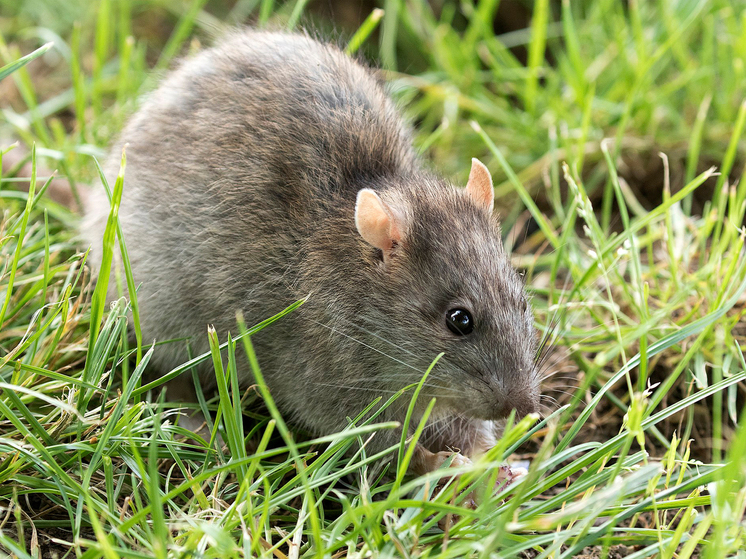
According to various studies, the number of non-native species in Europe will increase by as much as 64 percent by 2050. This estimate assumes that current trends will remain unchanged. However, the number and impact of invasive species depends on a number of environmental and socio-economic factors that are difficult to predict.
Researchers, managers and policymakers from around the world have developed four scenarios of future biological invasions. This was done within the framework of the AlienScenarios and InvasiBES projects.
The scenarios are not predictions as such – they are narrative descriptions and reports of what might happen in the future under different circumstances.
In particular, they take into account the socio-ecological changes that are critical for invasive species, and are more focused on biodiversity conservation than other global change scenarios, such as the common socio-economic pathways used in many climate change reports.
The first scenario was called “Big Tech Rules Europe”. In it, mistrust of governments leads to companies gaining increasing power, while populations become concentrated in cities and experience economic hardship. Invasive species numbers increase and coordinated management of them declines.
Another scenario, the «Technological Pseudo-Panacea», shows rapid technological development, large volumes of trade and high levels of biosecurity. European societies are concentrated in «smart cities». The rate of spread and establishment of invasive species is low due to strict biosecurity measures.
The final option for Europe's future is «Green Local Governance»: local governments are increasingly influential. Gradual growth leads to a society that values locally produced goods and spreads from urban centres to rural areas. Reduced trade limits the spread of invasive species, but poor coordination is an obstacle to governance and biosecurity.
There is also the fallback option of «Lost Europe», in which reduced international cooperation and growing social inequality rule. Pollution, climate change and biodiversity loss are getting worse. Invasive species have declined due to reduced trade, but are largely unchecked.
The strategy was based on the vision that “by 2050, the harmful impacts of invasive species in Europe (EU and non-EU countries) will be significantly reduced compared to today” and that people will be able to adapt to the uncertainties arising in as a result of the scenarios mentioned above.
Based on the relationship between goals and key elements of management strategy, scientists have identified four main recommendations for controlling invasive species in Europe.
The first step would be to establish a dedicated European agency or intergovernmental agreement with the mandate and resources to regulate and oversee activities related to invasive species control. This would then be followed by a cross-sectoral communication strategy on invasive species (including a dedicated curriculum for schools) and a centralised multilingual communication platform at European level. According to the scientists, it would be worth adopting standard protocols for collecting data on invasive species and making it available for management decisions.
But the experts point out that none of these recommendations would be sufficient on their own, but they do form the basis of a long-term strategy to combat biological invasions at European level. It is time to shift attention to a more holistic perspective that takes into account the unique situations of different sectors and countries and that clearly considers likely future scenarios.









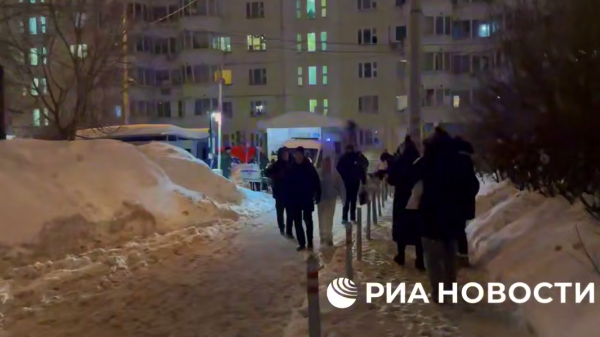
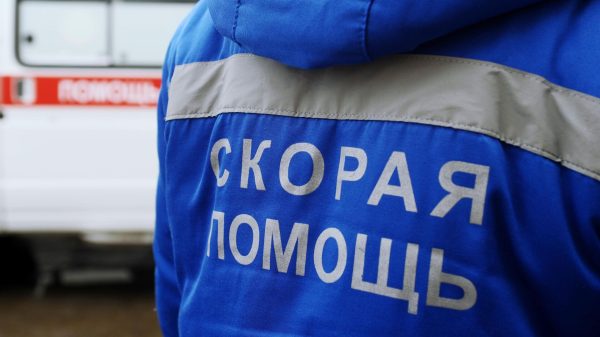




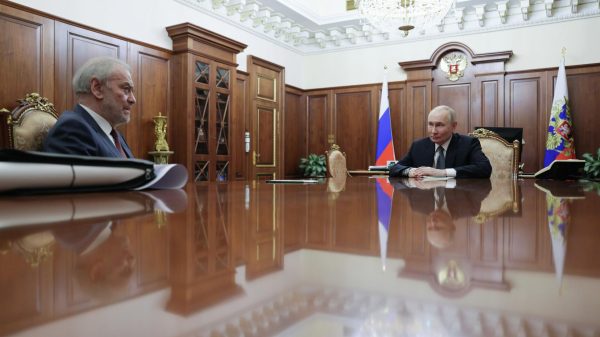


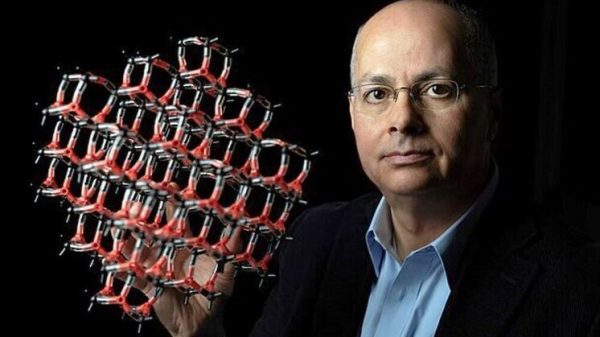
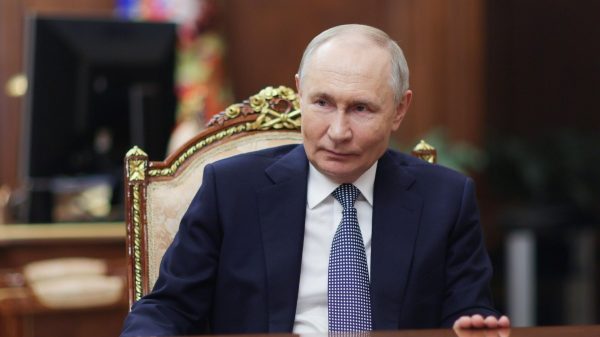

































Свежие комментарии